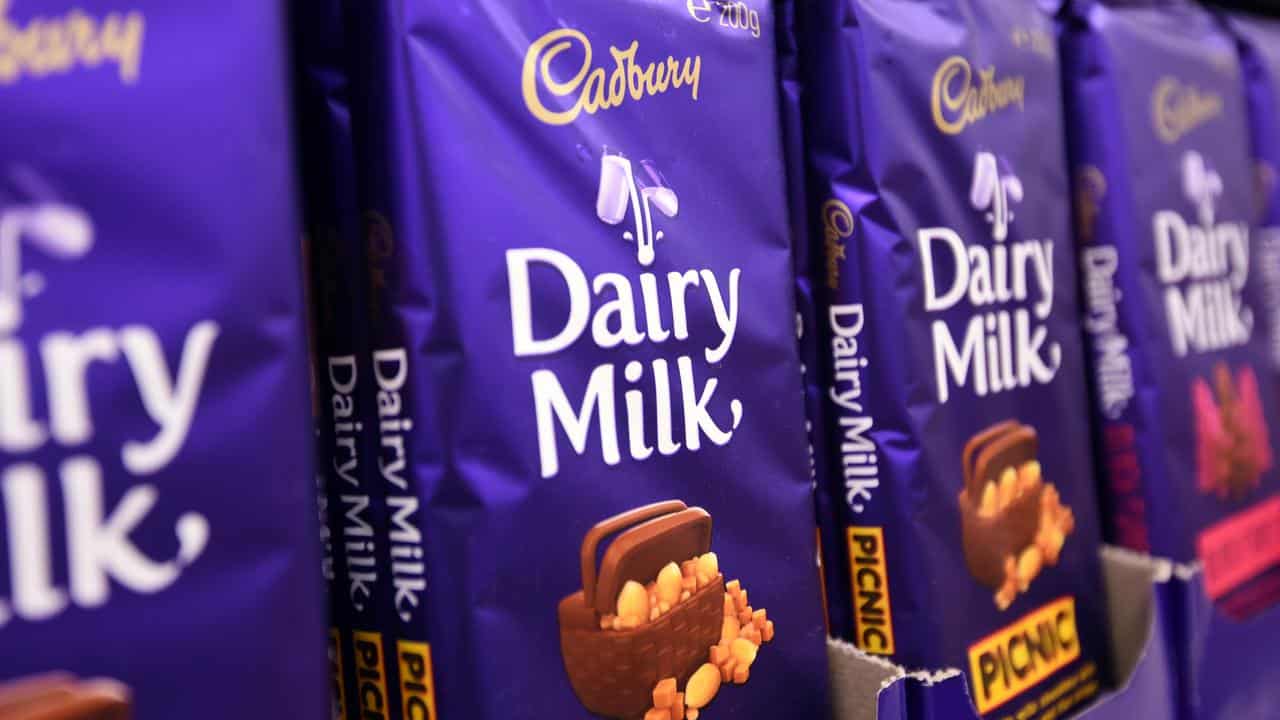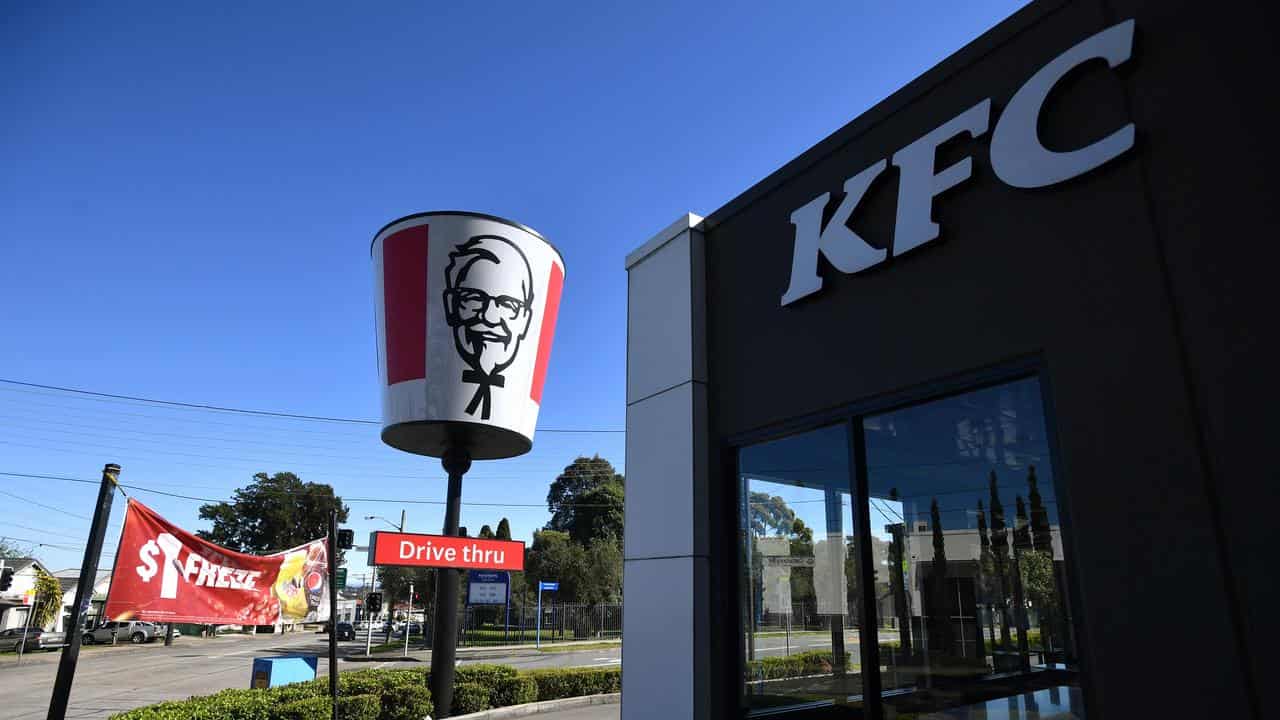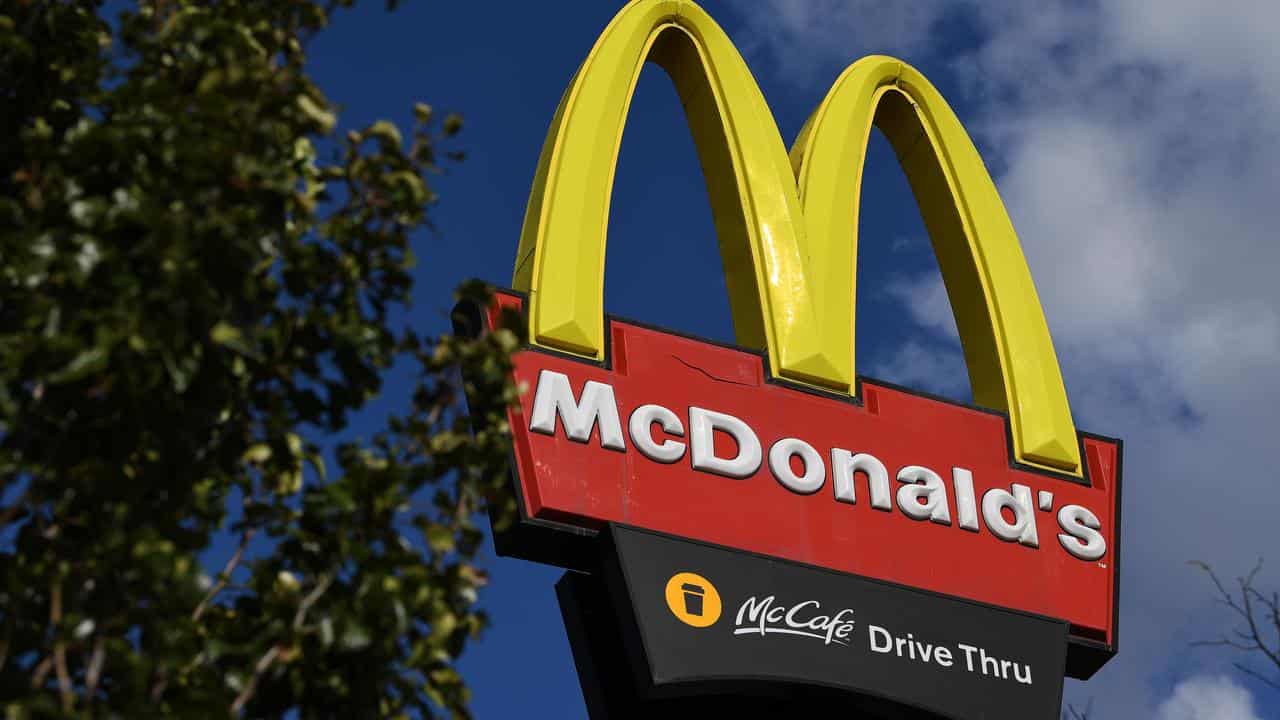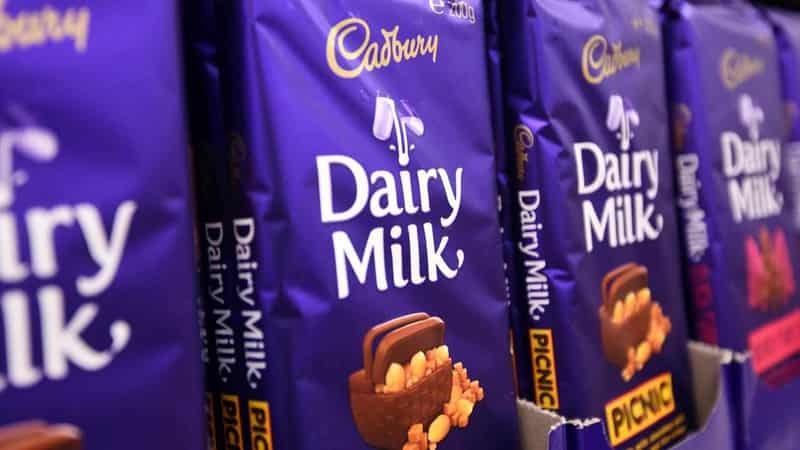
Junk food companies have honed in on fresh tactics to target children, parents and teenagers by using online algorithms.
Research into Facebook ads by Melbourne Law School and the Australian Ad Observatory found brands are buying a "halo effect" despite the low nutritional value of certain products.
These strategies have included "sports-washing", which links unhealthy food with sports activity, and "mental-health-washing’, which associates sweet treats and drinks with community mental health organisations.
Other ads depict a drive-through pick-up of fast food as something that saves parents time and placates youngsters, along with inventing children’s characters or games as part of a promotion.
The study included 1703 unhealthy food and drink ads from 79 brands and 141 advertisers, in the 12 months until December 2023.
KFC, McDonald’s, Cadbury, Coles and 7-Eleven were the most prominent brands featured and made up 45 per cent of the data set.

Project supervisor, Professor Christine Parker, said the research has helped untangle some of the confusion around the social media giant's algorithms.
“Facebook advertising, and the dark arts of its algorithms, are hard to monitor because the ads are ephemeral," she explained.
"But this new system captures the patterns and makes the personalising strategies observable and accountable."
Desktop computer plug-ins were used to analyse the number and types of ads in the Facebook feeds of almost 2000 people, who contributed more than 328,000 unique Facebook ads.
Professor Parker said Australia should follow the UK's lead and ban unhealthy food and drink advertising, which the country will do from October 2025.
“Our conclusion was that any Australian advertising ban by the federal government should include not only unhealthy food products, but also any brand advertising for the companies that make them,” she said.
“We need to make sure it covers all promotions, whether it actually talks about unhealthy food, or whether it’s more subtle."

Lead researcher Tanita Northcott said unhealthy food is being promoted on Facebook in a way that seems to be targeted towards teenagers, kids and carers.
“These platforms can use powerful data analytics to target audiences and seamlessly integrate the promotion of unhealthy foods into everyday life," she said.
The results show young men are being targeted in the highest proportion for online fast food advertisements.
"That 18 to 24 age group is still vulnerable in terms of social expectations and impulse control, and these ads are setting them up with bad eating habits for life," Ms Northcott said.
“These are products that are always marketed and always available, and it sets us up to feel that that’s our ‘go-to’ food, easy food; we go on to associate it with comfort and security our whole lives."
Meta and the federal government have been contacted for comment.









